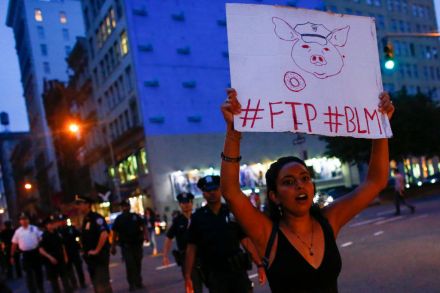Why Boris Johnson’s ‘New Deal’ won’t save us
John Maynard Keynes looks down and smiles, recalling his own perhaps too-often quoted remark that ‘when the facts change, I change my mind’. Boris Johnson’s £5 billion ‘New Deal’ of school and hospital projects to stimulate the pandemic-torn economy is pure Keynes, as well as a conscious reference to Franklin Roosevelt. And like the totality of the Treasury response to Covid, it represents a 180-degree change of mind from the modern Conservative belief in squashing state spending while letting the private sector drive. But in dire circumstances, most commentators accept it’s right to park ideology and try anything that looks like it might work. And for a while — I’d






















